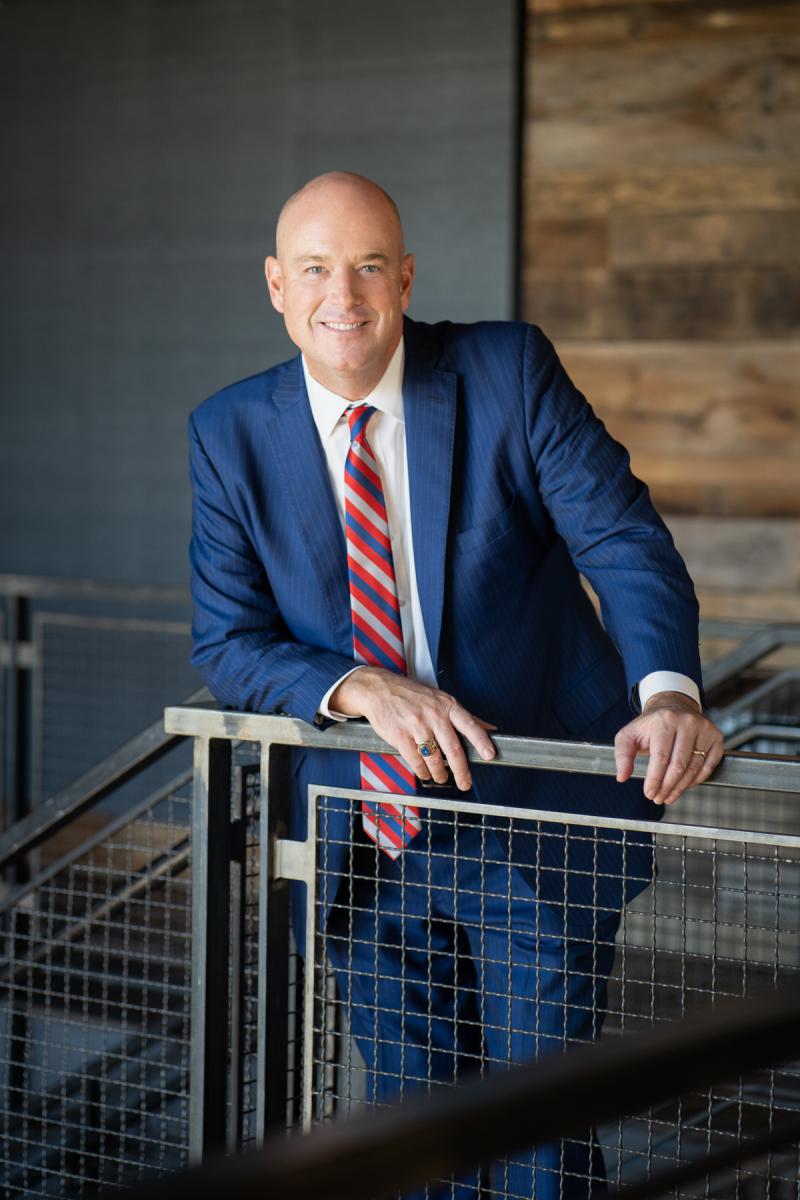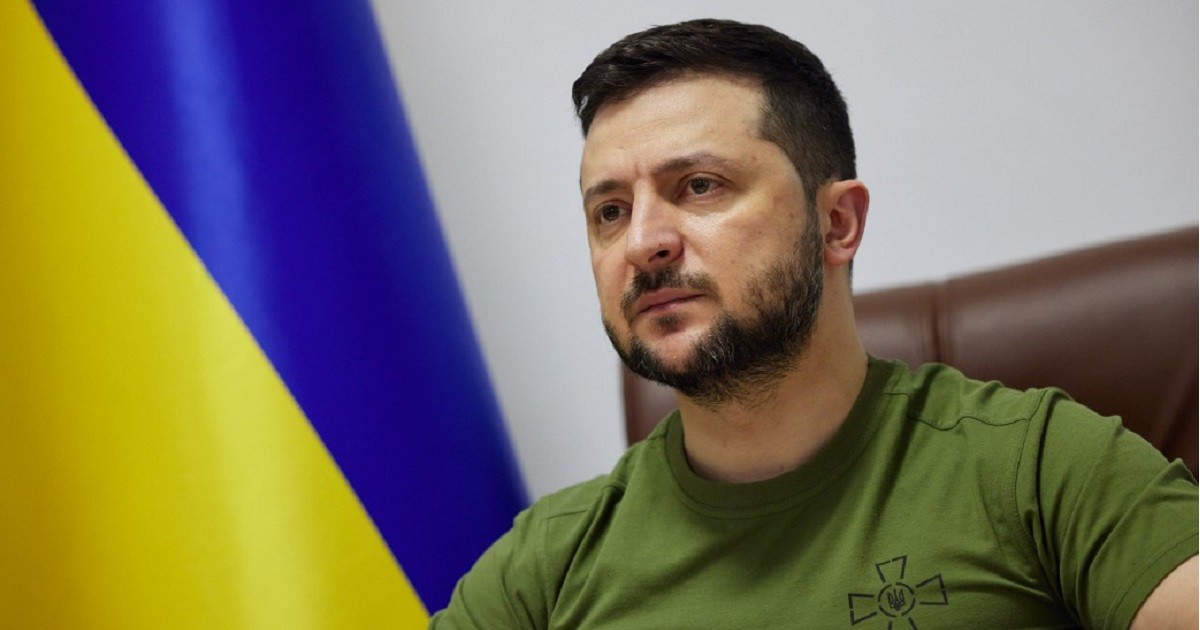Former Mercer nurse on the cover of Washington Post Magazine

[ad_1]
A former student of Mercer University Georgia Baptist College of Nursing recently landed on the cover of Washington Post Magazine.
A portrait of Tamika Dennis, who graduated with a Bachelor of Science in Nursing in 2018, was featured as part of the June 6 magazine cover story written by artist Tim Okamura, who painted nurses on the front line during the pandemic.
Dennis, an art collector, had been a fan of Okamura’s work for some time. Working in New York City as a traveling nurse in the early months of the pandemic, she was picking up a piece of art from him when they started talking about Okamura’s recovery from COVID-19.
“I was asking him how he was, and we were talking about the psychological consequences that have affected everyone with COVID that a lot of people don’t talk about,†Dennis said. “And that conversation turned into a three-hour conversation, and that turned into more conversations about COVID and things that I witnessed and things that he witnessed living in front of a hospital. from New York …
“He asked me if I would mind doing the portrait, and I said, ‘Sure.’ I thought it was a great idea.
The painting shows Dennis from the chest up, wearing navy blue hospital scrubs, his hospital badge and blue gloves. A standard medical face mask is wrapped over one ear, with her hands positioned over the mask as if she were putting it on or taking it off. Her black hair is in a messy bun, held back out of her face by a black headband.
“I thought it was important to make sure I had my gloves and my mask on, so we started working from there with a few looks,†she said. “And then he did the portrait, and I loved it.”
Dennis decided to become a traveling nurse after seeing the toll of the pandemic in the northeast.
“They were hit really hard, so I wanted to be up there, I wanted to experience it and I wanted to help,†she said. “There were a lot of situations where they didn’t have enough ICU nurses to help deal with the pandemic.”
As a nurse in the intensive care unit, Dennis only saw COVID-19 patients. It was difficult to see almost any of her patients come out of intensive care, she said. Communicating status updates, most of which weren’t good, to family members using FaceTime had a psychological impact, as did knowing that not being able to get visitors could negatively impact a patient’s recovery.
“Each patient was different for the same disease… you have five different patients, and none of them have the same problem,†she said. ” It was hard. It hit very hard. “
Dennis said his longest assignment was at Phoebe Putney in Albany, the epicenter of a major COVID-19 outbreak in southwest Georgia. She was part of a group of travelers hired to run an entire campus dedicated to COVID-19 patients.
“It was difficult. It was a learning experience,†she said. “I’m happy that we are starting to see the other side because initially, working on it, I felt like this pandemic was hitting healthcare professionals like a ton of bricks.
“And I know, I, myself, I expect a doctor or a nurse to tell me what’s going on, and I know that a lot of times we couldn’t tell anyone what was going on because we did not know. “
Dennis was working at Phoebe Putney when she posed for the portrait. She sent Okamura a few photos to start with, then sat for four hours in her studio in New York City.
She keeps the portrait in her house in Georgia, where she will be until the end of June, when she will leave for her next mission in Philadelphia.
Dennis said Mercer had prepared her well for these crisis missions.
“I’m always thrilled with Mercer because I think what they did was they not only prepared us with knowledge, but they also prepared us to think critically and be confident of. knowing that we have the capacity to be great nurses, â€she said. . “And I just think for me, personally, with everything I went through when I was in nursing school, Mercer taught me not to give up.”
[ad_2]






